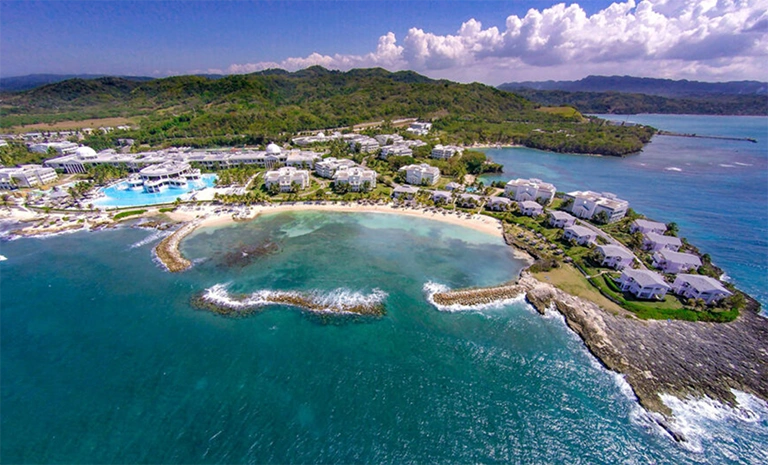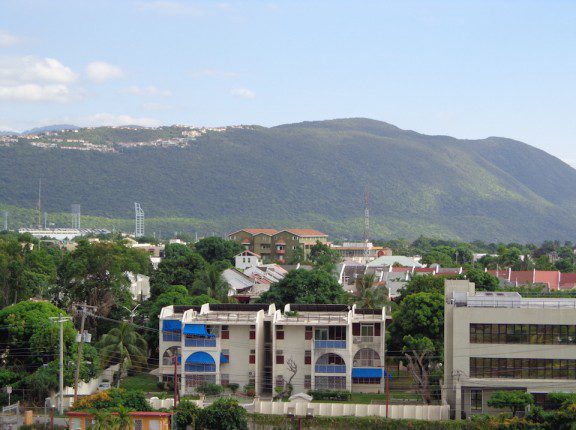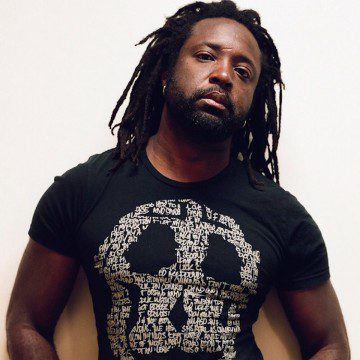What Jamaica Needs to Succeed

By Dennis Chung
CJ Contributor
One of the things we often forget is that development of a company or a country is primarily for the purpose of advancing the lives of people, and not just measuring numerical indicators. Although companies are developed primarily to improve their returns, they should ultimately have a positive effect on the lives of shareholders. Similarly, countries should be developed to improve the lives of their citizens.
This, I believe, explains the failure of many managers and governments, in that they tend to forget that their customers are people and not financial statements or fiscal accounts, which are merely ways of measuring development, but not the purpose of development.
So while the primary objective of a manager is to meet corporate objectives, this can only be done successfully if employees are productive, and employees can only be productive if they are happy with their environment.
Further, if one is successfully providing financial returns but there is no return to shareholders through dividends or capital appreciation, then the share price will suffer.
Similarly, if a government institutes policies that are geared towards meeting numerical targets, but not towards improving the lives of its people, that government will fall out of favour.
I think that this is one of the primary failures that I have seen with many people, at a corporate level, and also fiscal policies over the years in Jamaica. They have failed to keep their eyes on the goal of human development as the ultimate objective of everything they do. This also translates to a societal problem, as over the decades we have developed so many products for profit only and have forgotten about the people in the middle. This is why today many of the foods and practices we have become accustomed to create health and other societal issues.
Excelling overseas
This lack of focus on the ultimate beneficiary of policy causes us to develop policies and systems that focus on financial returns, which ultimately hurt the progress of the people. This is why many Jamaicans, for example, go overseas and excel, when they find it difficult to do so in Jamaica. It is not because they suddenly develop new skills when they migrate, but rather the environment they are placed in allows them to exploit their full potential.
So when we talk about the need for private sector (and particularly SME) growth, we must understand that businesses will only grow if the operating environment facilitates that growth. This is the main reason why we have not seen greater SME growth in Jamaica, even though we have comparative advantages that we can develop.
One of the things that comes to mind readily is the way we have designed the procurement rules, which happens not only in Jamaica, as I have spoken to many people in the region with the same problem. Unfortunately, the way our rules are designed actually reduces the productivity of public sector workers significantly and creates costs greater than those we are trying to avoid, both directly and also in terms of social costs. The objective of the rules is supposedly to eliminate corruption and improve value, but because the rules were designed without the ultimate objective of efficiency and productivity in mind, they have actually had the opposite effect of costing more. Of course, the ultimate effect is negative on taxpayers and citizens generally in terms of the cost of living.
Another failing that comes to mind is the way we design policies, with a focus more on fiscal revenues, rather than focusing on creating an environment to make the bureaucracy and tax environment better for businesses and citizens. It is because of this focus why — over the many years that I have been following the budget — we have always been increasing taxes, even though over that same period the cost of living has been increasing while GDP growth and productivity have been lagging.
I believe that when we implement public sector transformation, the focus should be not simply on cutting expenditure, but on creating a more efficient public sector. In other words, the success of transformation should not be just meeting the wage target as a percentage of GDP, but rather on improving the service delivered to the public.
Why, you may ask, is it so important to focus on the human element? Simply because in today’s world competitiveness is a direct result of innovation conceived in the human mind. Sadly, businesses and people spend much of their time trying to resolve bureaucracy issues or interacting with the government bureaucracy and so have less time than their competitors to spend on innovation. This explains why under the Global Competitiveness Report we are unable to transition to an Innovation Driven economy, which is when real value is added.
Of course, this means ensuring that institutions such as the police force and the court system respect human rights and are efficient.
So if we want to transform our economy it means we must focus on improving the lives of our people, and finally get the news that the world no longer exists in the industrial era where capital and land created competitive advantages.
We now live in the information era where people create the competitive edge, and so if we do not create an environment where our people can develop better than in other societies, then we will forever be laggards.
Dennis Chung is a chartered accountant and is currently Vice President of the Institute of Chartered Accountants of Jamaica. He has written two books: Charting Jamaica’s Economic and Social Development – 2009; and Achieving Life’s Equilibrium – balancing health, wealth, and happiness for optimal living – 2012. Both books are available at Amazon in both digital and paperback format. His blog isdcjottings.blogspot.com. He can be reached at drachung@gmail.com.







